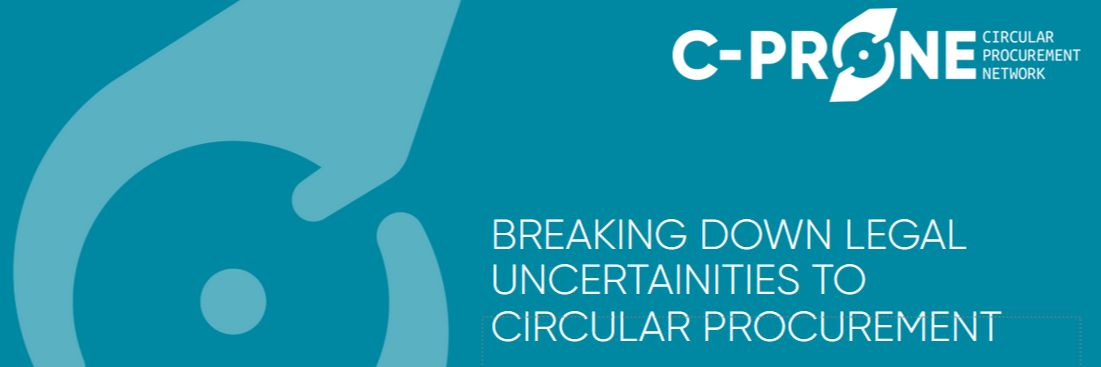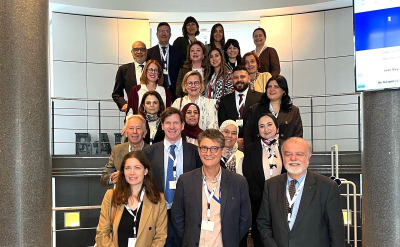News

Breaking down legal uncertainties to circular procurement
On 16 May 2025, the C-PRONE initiative organised an event titled "Breaking Down Legal Uncertainties to Circular Procurement". The event brought together stakeholders from across Europe to explore how circular procurement can be more effectively implemented and scaled. A key focus of the discussion was how fear of breaching procurement laws often discourages contracting authorities from pursuing circular procurement approaches.
While existing EU procurement legislation does incentivise demand for environmentally sustainable products, its implementation remains limited. For circular procurement to be fully effective, it requires the adoption of the right policies and strategies by governments along with consistent practical application. This is happening to some extent across most EU jurisdictions, but implementation efforts need to be intensified and accelerated.
Every level of government holds the power to implement circular procurement, but this power must be exercised if we are to be successful.
A persistent challenge is the continued dominance of lowest-price criteria in public contracting. EU Member States use different mechanisms to promote choosing the most circular alternative. For example, the Netherlands, Spain and Ireland have adopted “comply or explain” mechanisms to encourage sustainable procurement, while others, like Italy, enforce mandatory green criteria. Both approaches have shown relatively good results. This suggest that perhaps flexibility in approach can be more effective.
Two key tensions exist between EU tendering rules and circular procurement:
- First, circular economy principles stress the importance of using local suppliers (reducing carbon footprint, boosting local economy, supporting SMEs). However, this clashes with the procurement principles that require equal treatment for all suppliers, regardless of location. Should procurement principles be adapted to better support local sourcing in such cases?
- Second, while early market engagement is widely acknowledged as crucial for preparing both procurers and suppliers for circular procurement, strict fairness and transparency requirements can discourage this kind of dialogue. This may inadvertently hinder innovation and preparedness.
These tensions illustrate a broader reality: while the legislative foundation for circular procurement is in place, its effective application demands greater clarity and strong political will. Governments must not only recognise their ability to act but embrace it—through targeted strategies, thoughtful legal refinements, and a determined focus on practical implementation.
You can view the presentations made during the event here. A recording of the event should soon be shared on the same page.












